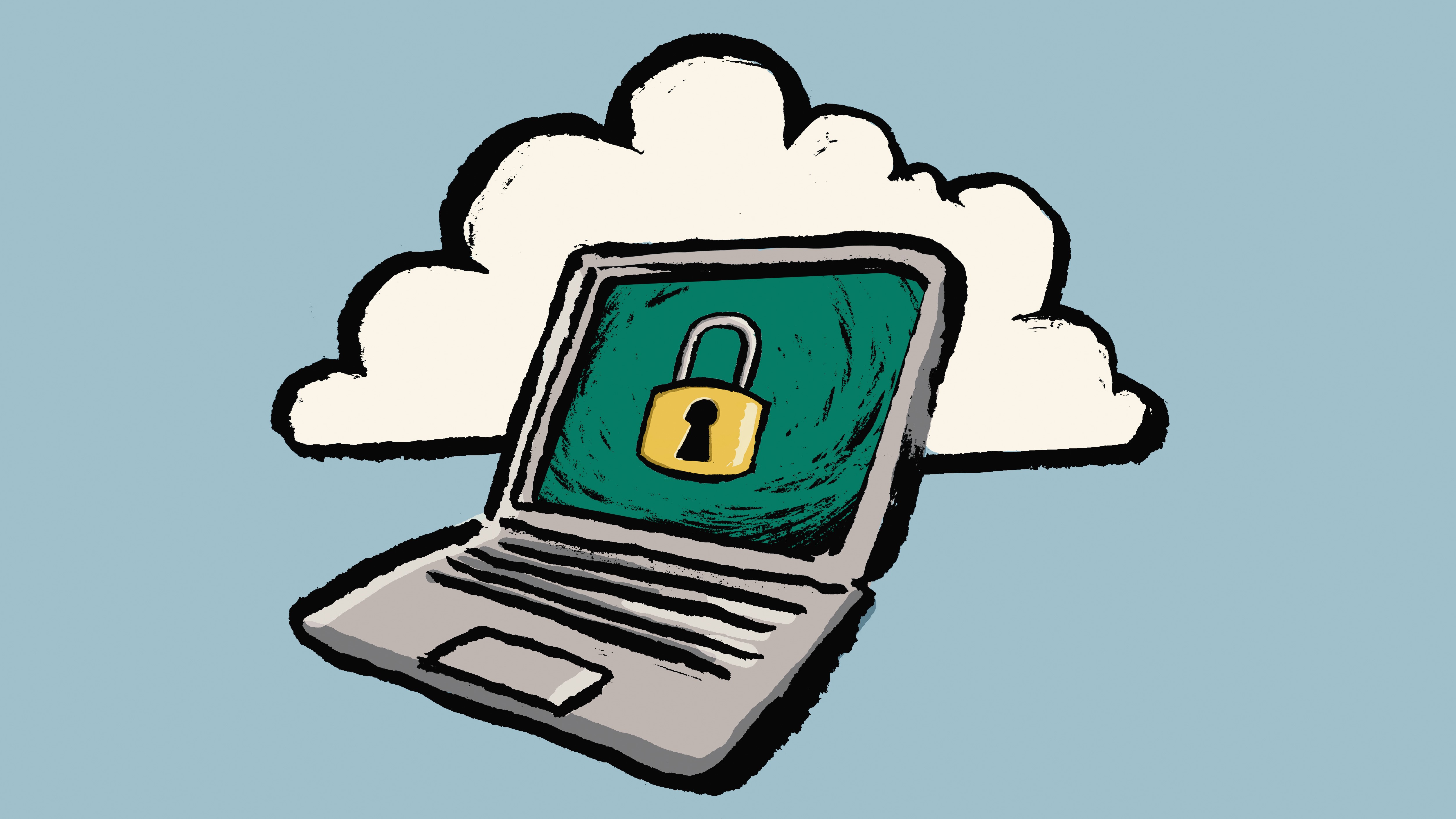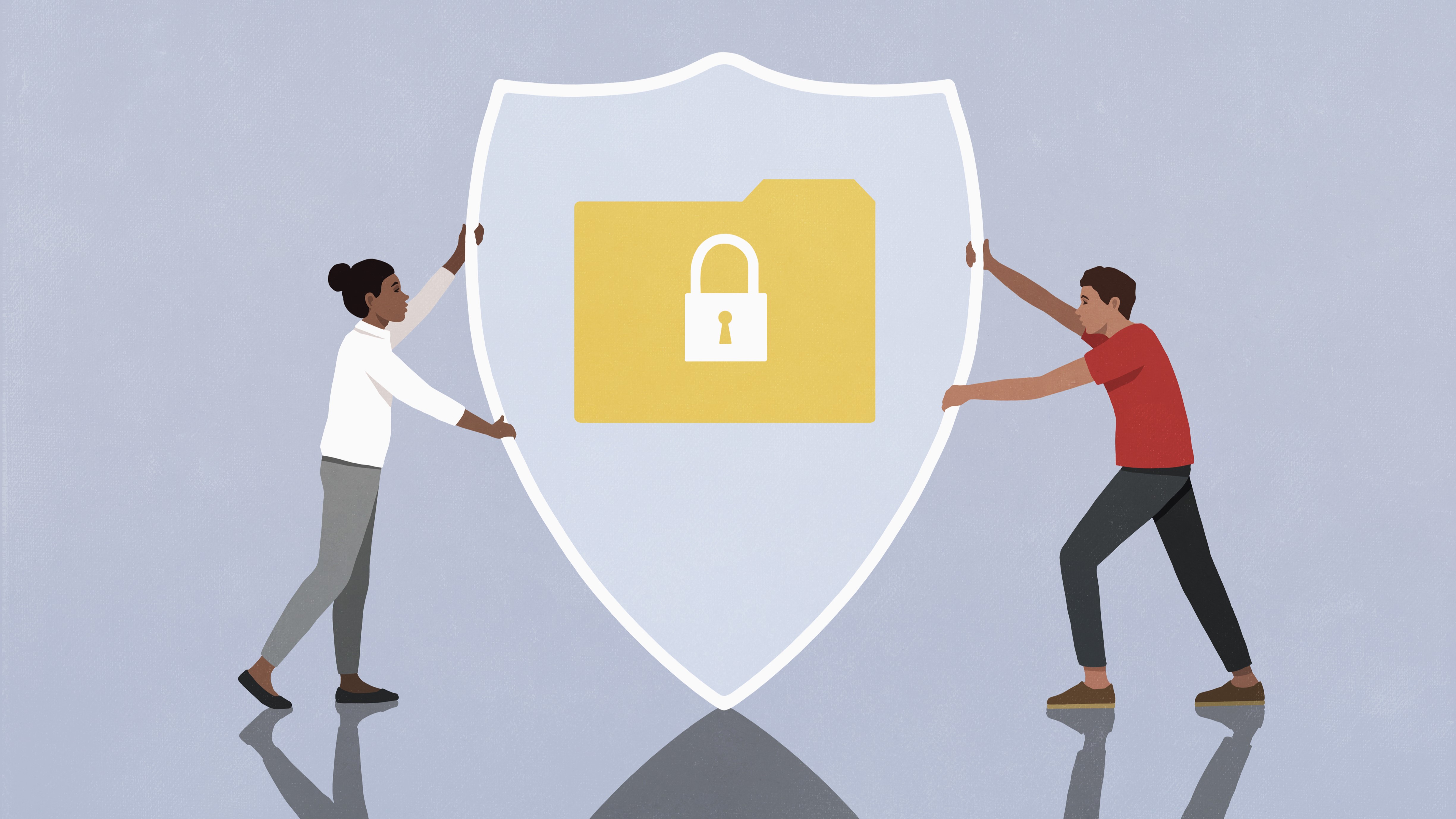
If you're looking to pick up the best VPN, or researching what the software you already own can do, you've no doubt been inundated with near-unbelievable promises: Complete anonymity! Guaranteed privacy! Never get hacked again!
I've worked with and written about VPNs for years – and I've seen it all. Even the most trusted and secure VPN providers inflate their claims in the name of snagging a few more sales.
The fact is that VPNs can't fix every issue online, and people using them deserve to know the truth. Used the right way, though, they're invaluable security and privacy tools. So I'm going to demystify what VPNs can and can't do – and outline what you can realistically expect from this essential yet misunderstood software.
Privacy over security
A VPN has two key functions:
- Encrypting your data before it leaves your device – making it impossible to read if you don't have the key.
- Changing your IP address, so you can't be identified or located by your device's digital signature, and making you appear to be somewhere else entirely.
While many VPNs have plenty of other added features, these two things are the core of what a VPN is. All this is done in the name of privacy – keeping your information and activities just that: private.
A VPN isn't the tool to use if you're worried about the physical security of your device or data. It can't stop your PC from being infected with malware, or your passwords from being compromised and leaked online.

This is where many people can be misled by shady marketing, or review websites owned by VPN providers to recommend their products above the competition. It's a very demonstrative lesson in understanding that you can't trust everything you see online.
However, if you're interested in keeping your activity out of the hands of your internet provider, who likely sells it on, or making sure you’re not risking your safety when connecting to public Wi-Fi, a VPN is the only tool to use.
What can't a VPN do?
Just like in every other aspect of our lives, there's no single type of software that can protect you from everything.
A good example of this is to think about protecting your personal privacy like owning a car. Of course, your insurance protects you if you have a crash, but you still have to drive safely to avoid accidents, keep it maintained so it doesn't break down, and make sure it’s still registered.
Your VPN certainly isn't going to stop you from sending your details to a phishing email address, or compromising your real-world privacy by posting geo-tagged photographs to your public Instagram. Maintaining good online hygiene is just as important, and stymies most issues before they can even take foot.
For example, if you have a VPN active and you click on an ad on Facebook, that activity will still be linked with your Facebook account, and on a wider scale, you. Some tracking cookies can also trace your journey between websites, and link that with social media accounts.
Your IP address is just one (important) part of your online identity, and is really the only part that a VPN protects. Encryption and a different IP address mean very little when what you're doing online can be linked to you in other ways.
So, why should you use a VPN?
Saying all of this may make it seem like VPNs aren't all they're cracked up to be, but the truth of the matter is that they're an invaluable part of your online toolbox.
They hide what you're doing right now from third parties, enable you to get around censorship and access blocked websites, stop your internet provider from slowing your connection when you're gaming, and even get you better prices on other goods by pretending you're abroad.
What’s more, if you're into TV and film, the best streaming VPNs can get you access to tons of content from all around the world – just by connecting to a server in a different country.
Paired up with a password manager, antivirus software, an ad blocker and a bit of common sense, VPNs have a lot of uses. Some even offer their own versions of these tools, although make sure to read reviews to make sure they can compete with dedicated services. For many like me, they're a daily part of life – even more so for those in countries whose governments restrict access to the free and open web.
Just don't be taken in by the marketing and remember that there is no panacea. Staying safe online is a big job nowadays – but it’s certainly not impossible.







